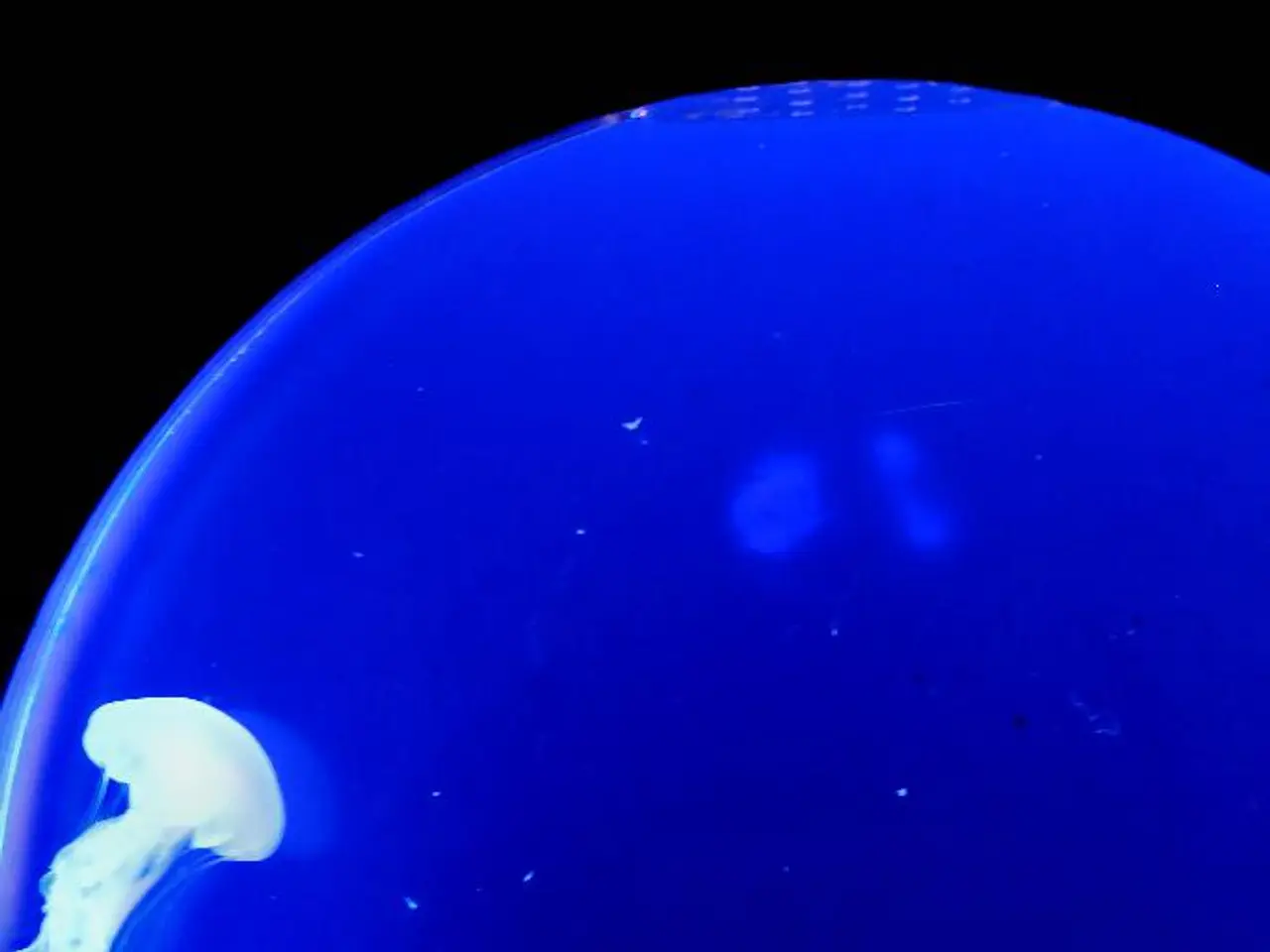Spain's National Species Specialist Group advances in compiling the initial Red List on their own website
Spain's National Species Specialist Group Advances Conservation Efforts
The Spain National Species Specialist Group (EsSSG), established in February 2024, is making significant strides in conservation efforts across the country. This group, the first of its kind within the Species Survival Commission (SSC), is actively contributing to the development of Spain's National Red List and aligning its work with a mandate from the Ministry for the Ecological Transition and Demographic Challenge (MITECO).
The National Red List, set to launch in 2025, will reflect a significant share of Spain's biodiversity. The EsSSG plays a crucial role in this endeavour, providing species status assessments that are critical for conservation prioritisation, in line with IUCN processes.
The EsSSG's collaborations extend beyond national borders, involving institutions like the Instituto Pirenaico de Ecología (IPE) under the Spanish National Research Council (CSIC) and international bodies such as the IUCN Species Survival Commission (SSC), specifically the Invasive Species Specialist Group based in Rome. These collaborations enhance the group's effectiveness in tackling threats like invasive species and habitat loss.
The EsSSG's work supports conservation policy and action in Spain, impacting how species protection strategies are implemented nationally. The group's efforts are part of a broader network addressing species on the brink of extinction, including endemic Spanish species significantly influenced by habitat loss and invasive species pressures.
Since its establishment, the EsSSG has expanded rapidly, growing from 14 to 18 working groups and registering over 120 specialists on the SSC portal. The project "Towards the National SSC Red List: Evaluation of hidden taxa in Spain" has been funded by SSC Member Loro Parque Fundación, supporting the assessment of less-visible taxa such as cave invertebrates, spiders, and sharks.
By the end of 2025, new species assessments are expected to be published, with updates scheduled semiannually, in April and December. The goal is to officially launch the National Red List in 2025, making it accessible via the Spanish National Committee's website. The initial version of the National Red List, published in March 2025, included 790 endemic species with recent assessments in the Global or Regional Red List, identified as a starting point.
The EsSSG continues to contribute to Spain's National Key Biodiversity Areas (KBA) Coordination Group, ensuring that conservation efforts are well-informed and targeted. The group is also actively testing the new sRedList tool and offering suggestions for improvement.
The EsSSG's work is gaining international visibility, with presentations at the IUCN Regional Conservation Forum in Bruges and the SSC Leaders' Meeting in Abu Dhabi. Various scientific societies are updating Red Data Books and atlases of threatened species as part of the national project aligned with MITECO's mandate.
Like any Red List, the National Red List will be the beginning of a continuous process of evaluation and updating in the years to come. The EsSSG, with its rapid expansion and significant impact, is poised to continue leading conservation efforts in Spain and beyond.
- The EsSSG's collaboration with institutions like the IPE and international bodies such as the IUCN SSC, especially the Invasive Species Specialist Group, plays a vital role in addressing climate change, as invasive species are a significant threat to biodiversity.
- The health-and-wellness of Spain's unique ecosystems and the overall biodiversity is closely linked to the work of the EsSSG, as their species assessments inform conservation prioritisation and help protect endemic species under threat from habitat loss.
- The EsSSG's efforts in environmental science, such as the development of Spain's National Red List, are not only limited to Spain but have global implications for fitness-and-exercise species, as the assessment of less-visible taxa like cave invertebrates, spiders, and sharks contributes to a comprehensive understanding of biodiversity loss.




